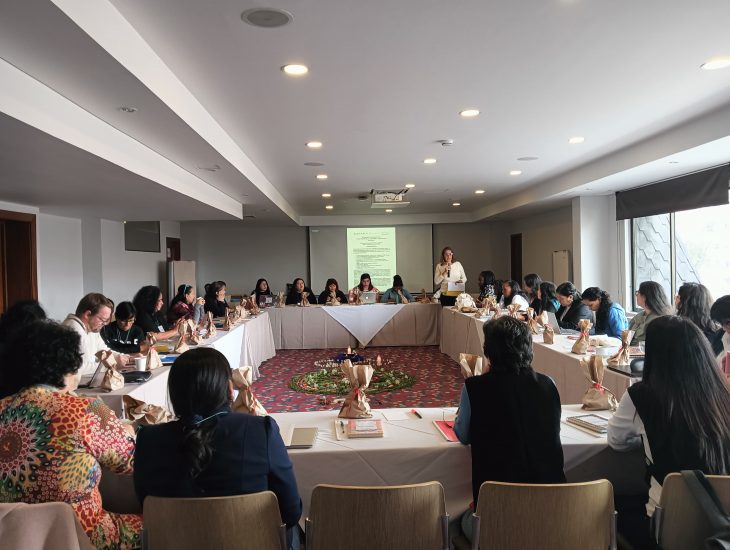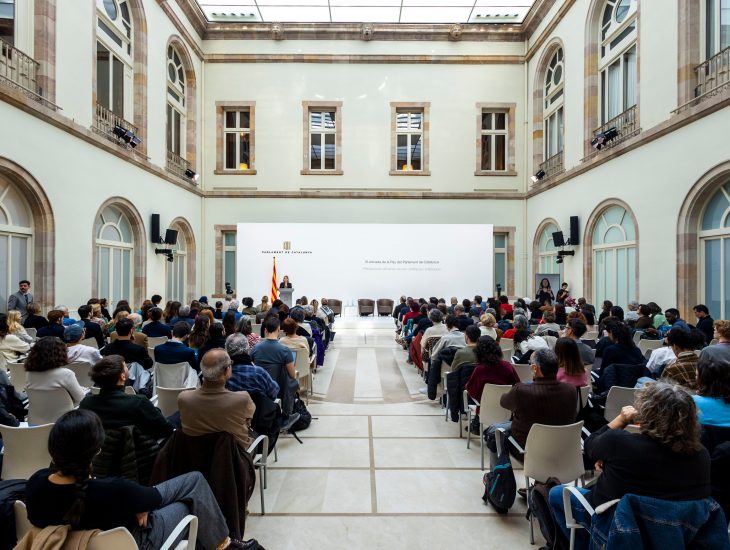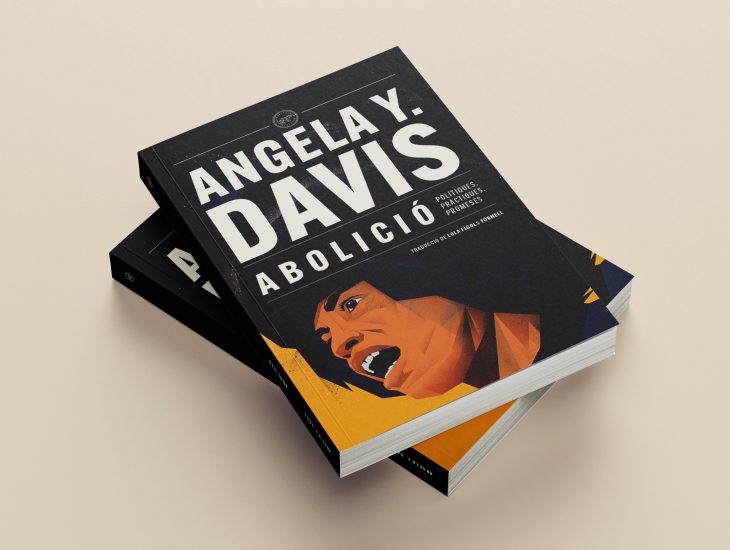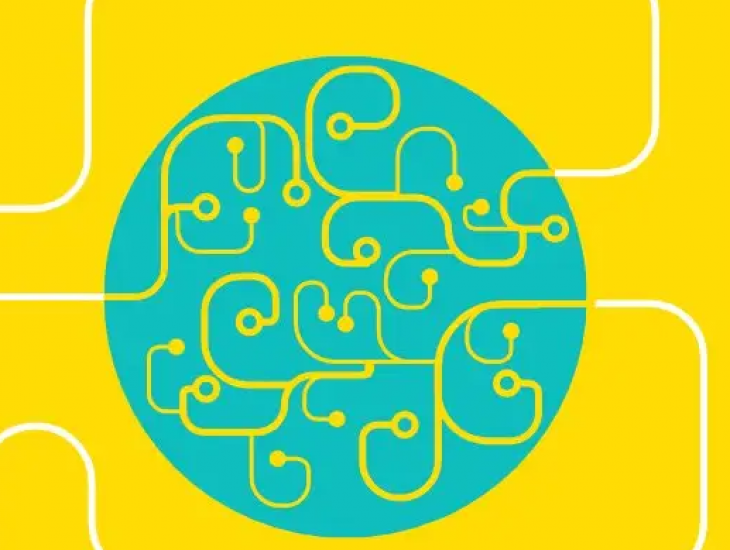The discussion The Construction of Memory, with journalists Martxelo Otamendi and Gorka Landaburu, took place on Tuesday 22 November and was the last in the series Basque Country: Five Years Without ETA Violence, organized by ICIP in collaboration with Clack Video Productions. The aim of this dialogue was to reflect on the political and social situation that the Basque Country has been going through since ETA announced a cessation of armed activity in the autumn of 2011.
The discussion contrasted the views of “two victims of different perpetrators,” in the words of journalist and writer Antoni Batista, who chaired the event: on the one hand, Gorka Landaburu, journalist of the magazine Cambio16, victim of an ETA attack in 2001 that resulted in serious injuries; and secondly, Martxelo Otamendi, editor of the newspaper Berria, who was arrested in 2003 as part of Operation Egunkaria and accused of belonging to a terrorist organization, and who claimed to have been tortured. Now, after five years without ETA violence, both agree that the peace process is progressing slowly; it is “desperately slow,” said Landaburu. And he went on to explain: “In these five years without violence, many of us have rediscovered freedom. You can see on the street that ETA is no longer there: the threats, the pressure, the hateful glances have disappeared. But there is still a long way to go because the wounds are deep.” Otamendi agrees that the process will be long: “Five years ago nobody would have thought that the disarmament of ETA or the issue of the prisoners would still be unresolved five years later,” and he was pessimistic about the future: “In the Basque Country there will be no official historical narrative agreed to by all the parties involved, in which they all assume their responsibility.”
Reflection and Self-Criticism
The two journalists acknowledge that there have been many forms of violence in the Basque Country (ETA, GAL, the Triple A, etc.) and they defend that all parties need to be self-critical (ETA, the Abertzale Left, political parties, institutions) and that it is necessary to work for peaceful coexistence. In these terms, Otamendi himself took advantage of the event – which was attended by Ernest Lluch’s daughter, Rosa Lluch – to make a public apology: “Ernest Lluch was a contributor to Egunkaria [the newspaper of which Otamendi was the editor] and, after his assassination, I did not have the courage to even phone the family. We have all made mistakes.” Ernest Lluch’s daughter later publicly thanked him for this statement.
During the discussion, the role of the media in the Basque conflict was also brought up and here, too, there was room for self-criticism: “The media have tended their own flock,” acknowledged Otamendi, while Landaburu denounced that certain media have used the conflict for their own personal and political interests.
As remaining challenges, the two journalists demand that the Basque conflict be explained well – “what has happened and how we got to where we are now” – especially in schools, in order to move towards an active peace, based on respect and coexistence. And to keep in mind that there is no absolute truth; rather, there is a sum of multiple truths.
09.01.2016




